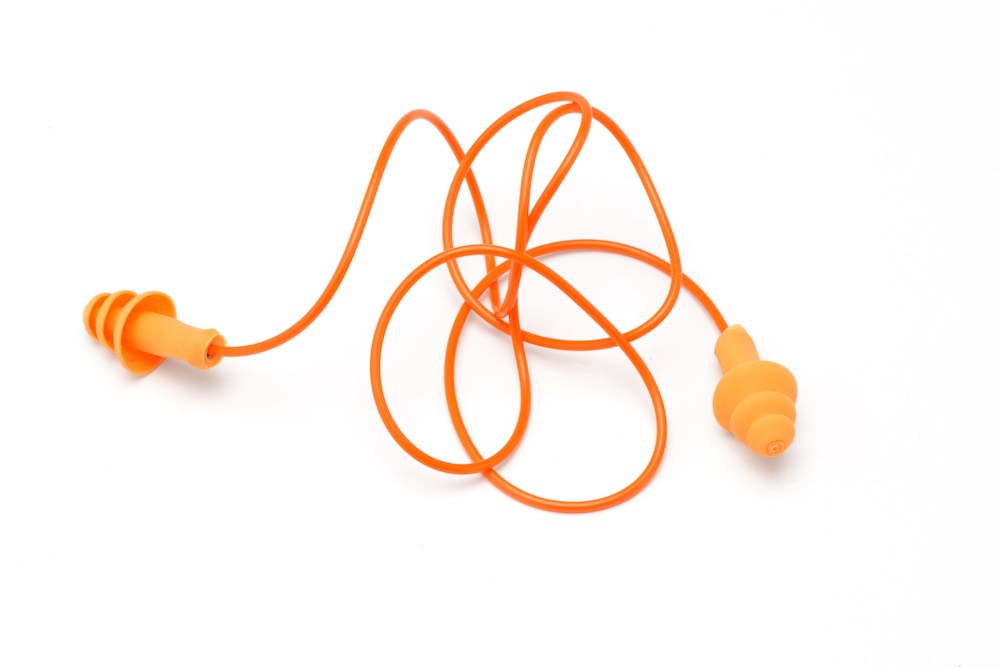What Are the Benefits of Hearing Aid Fittings
Many people across the United States have some form of hearing loss that

By: admin | January 31, 2019
Hearing loss can affect anyone. Whether you’re a musician, a construction site worker or even a gardener, hearing loss can affect your daily life, your job and ultimately your career. It can have a profound effect on our daily lives and, as a result, we may lose more than just our hearing. Modern hearing aids that audiologists recommend to their clients are generally very effective at what they do; amplifying the sounds around them.
But what about when it comes to certain industries, careers or use cases?
At SoniK Hearing Care Services, our audiologists set themselves apart from others in the industry by taking a great interest in what it is that you need your hearing aids for. We understand that everyone’s life is different and that occasionally, you may need hearing aids for a specific purpose such as listening to or playing music.
The main type of hearing aid that we can recommend for musicians is the ITC hearing aid. This type of device is one of the smallest that we offer at SoniK Hearing Care Services and it’s also one of the most discreet options. It’s a balanced hearing aid that fits neatly into the ear canal and is also fantastic for when you need to wear some kind of earphones to listen to specific sounds because there is no unit that hooks onto the back of your ear. This means that you can comfortably wear large studio headphones to listen to your music and differentiate the types of sounds and different tracks.
The only downside is that certain ITC hearing aids will be prone to feedback due to the microphone and speaker being positioned fairly close to each other. However, if you let our audiologists know about your intentions, then they can pick out the most comfortable ITC hearing aid for your needs that will not be prone to feedback if you need to play music.
These are a little larger than ITC hearing aids and generally sit on the bowl of your ear. This means that they’re less prone to feedback due to their larger size and are also still very comfortable to use with headphones. In addition, their small size makes them very easy to carry around and because it completely blocks your ear canal, it means that you’ll get a very clear sound from all the music around you.
ITE hearing aids are very similar to ITC hearing aids, but they’re slightly bigger. This means they contain a bigger battery, they could come with more features and are generally easier to handle in the event you have any dexterity issues.
However, the type of hearing aid is only one factor. There are many different features that can also have an effect on the quality of music that you’re listening to.
Some hearing aids come with dedicated music settings. This is because hearing aids are designed to amplify speech and not listen to music. They weren’t made to handle the dynamic ranges of music, hence why music can sound quite awful through hearing aids. One of the issues is that hearing aids will typically try to eliminate high-frequency sounds because it interprets the sound as feedback. If your hearing aid has a feedback reduction system, then turning it off can actually preserve the high-frequency sounds you might hear such as a flute.
Noise reduction can also cause problems with hearing aids processing music. Since hearing aids are developed to reduce background noise, they can accidentally remove parts of music and different frequencies, causing music to sound off. Music settings in your hearing aid will generally remove these types of settings in order to preserve the music’s frequencies, offering a cleaner sound.
You may want to ask your audiologist about your hearing aids and request a hearing aid that has a dedicated setting for music so that it sounds the way you intend it to.
Our audiologists at SoniK Hearing Care Services aren’t just experts at diagnosing your hearing loss and helping you recover – they also know how to understand your use case and recommend types of hearing aids that will be best suited for your personal needs. To get in touch, contact us at (312) 346-1136 to book an appointment with us or simply speak to a member of staff for more information.

Many people across the United States have some form of hearing loss that
By: admin | March 31, 2024

Many individuals in the United States experience tinnitus. While there’s
By: admin | March 30, 2024

Around 22-million Americans are exposed to dangerous noise levels at work.
By: admin | February 29, 2024
